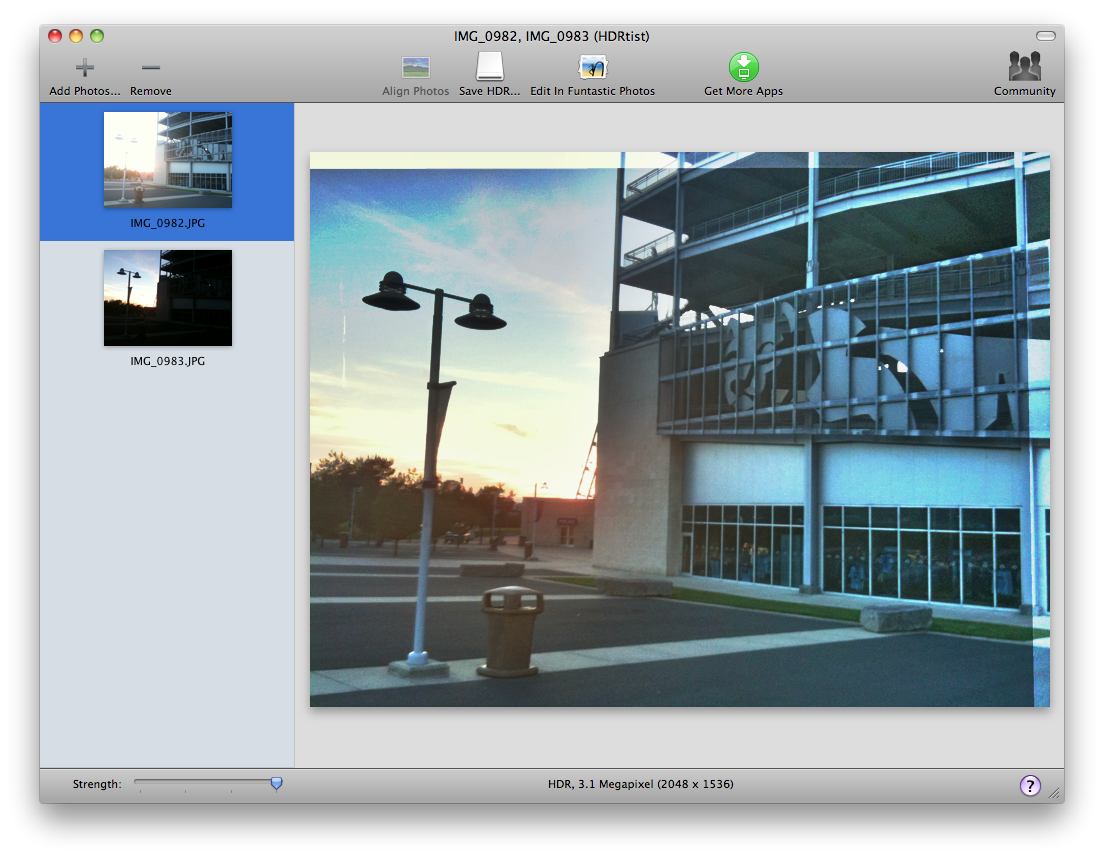It is always interesting how people summarize their data, very telling. My favorite line of the summary below, “they pray at least sometimes.” Yup, every time I stub my toe.
Did you know…
While 49.9% of students consider themselves to be “strongly” spiritual, 36.1% consider themselves to be “strongly” religious.
When asked about the influence on their personal behaviors, 79.1% reported their ethical principles have a strong influence.
Approximately 48% of students indicated they had attended religious services or events on campus since coming to college, and 46.7% had attended events or services off campus.
When asked about the frequency in which they pray, 64.7% of students indicated they pray at least sometimes.For more information about this survey, please visit http://www.sa.psu.edu/sara/pulse/148-Cera.pdf.
Another interesting tidbit from the survey. Again, not so much the results as the decision to phrase the question in the manner they did:
Similarly, 81.2% reported that it is important that others view them as being ethical, compared to 35.9% and 29.6% who reported it is important to be viewed by others as being spiritual and religious, respectively (see Table 1).
So students are realizing that it is important for others to view them as being ethical. I am not sure, however, that this means that the other near 20% didn’t view this as important. Perhaps they had the “do not be as the Pharisees” approach. I also wonder, given that nearly 50% considered themselves to be “strongly” spiritual and 36% considered themselves “strongly” religious (and how does one define “religious”?), if the fact that such relatively low percentages say that it is important for others to view them as spiritual/religious reflect a concern on the part of their part that being perceived as spiritual/religious would in fact be a negative. In other words, that their peers or faculty might think less of them if they knew that they considered themselves spiritual/religious.
It is interesting then to see that a significant number those polled did believe that these factors influence their lives.

There is much more of interest but I will leave you with one more set of observations from the survey.
Views on Religion, Spirituality, and Ethics
When asked about their views regarding several religious issues:
- 19.4% of students reported believing there is only one true religion (with 8% being unsure) (data not shown);
- 71.9% indicated they believe they are being true to their religion while accepting other religions (with 19.4% responding the question is not applicable to them or they are unsure) (data not shown);
- 84.0% responded they think there is a difference between being religious and being spiritual; the majority defined being religious as being affiliated with a specific religious group or faith system and following traditional or established religious practices whereas the majority defi ned being spiritual as holding personal beliefs or having faith in a higher power (data not shown);
- 48.7% indicated they feel there is a strong connection between religion and ethics (see Chart 2);
- 50.7% reported they believe there are strong connections between religious practices and character development (see Chart 2); and
- A larger percentage of students strongly support groups of different faiths working together to provide programs (50.2%) compared to groups of different faiths remaining separate or independent to provide programs (9.8%) (data not shown).
The whole thing is worth reviewing. I am still chewing on it.



